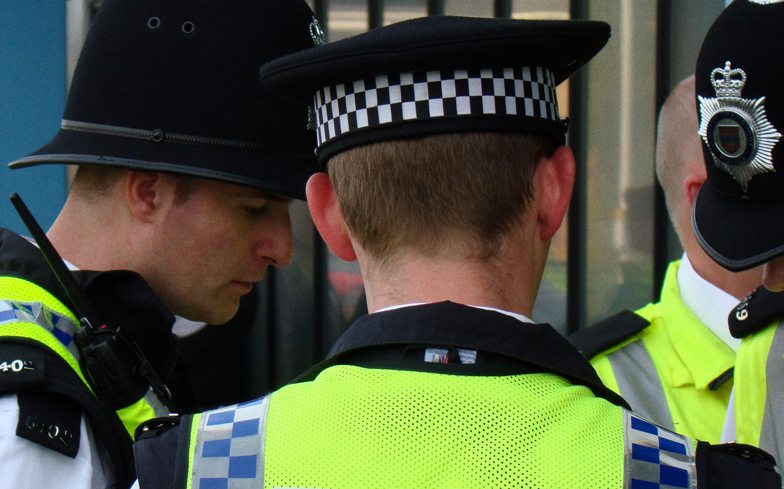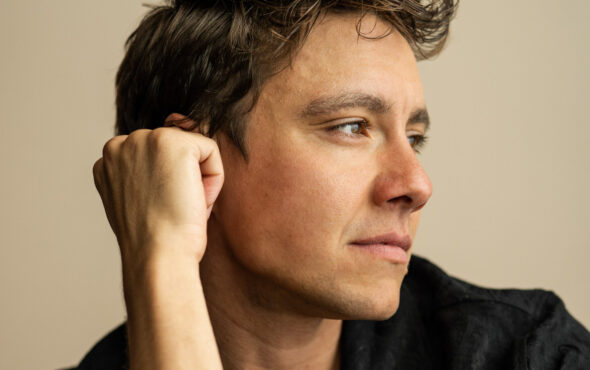Homophobic hate crime charges in the UK have fallen despite a rise in reports of incidents.
According to a new report from BBC 5 Live, the number of people reporting homophobic hate crimes has more than doubled in the last five years, rising from 5,800 in 2014/2015 to 13,530 in 2018/2019.
Despite this increase – and despite calls from police for more victims to come forward – the number of people charged or issued with court summons over the same period fell from 1,157 (20% of complaints) to just 1,058 (8% of complaints).
The information was acquired from 38 of the UK’s 46 forces, with partial data from Police Scotland not included in the analysis, following a Freedom of Information request.
A spokesperson for the National Police Chiefs’ Council said many of the crimes involved no witnesses and a lack of evidence.
“Targeting someone because of their sexuality is completely unacceptable. It undermines our fundamental human right to feel safe and can have a devastating impact on victims and the wider community,” they said.
“Police will investigate crime reports and will pursue action against those responsible where there is evidence to do so. Unfortunately, with many cases, there are often no witnesses to these crimes and scarce evidence – this may lead to police being unable to identify a suspect.”
Britain’s largest police force, the Metropolitan Police in London, said reports rose from 1,561 in 2014/2015 to 2,315 in 2018/2019, but the number of cases leading to a charge or court summons fell from 246 to 165.
“We recognise that our sanction detection rates have fallen … as many of these non-violent offences present less evidential opportunities and victims often feel that there is a barrier between bringing the matter to court and prefer to make police aware of each offence,” a spokesperson from the Metropolitan Police said.
“We are committed to improving our total number of sanction detection rates and successful prosecutions and continue to remind communities to report hate crimes even if they do not want to go to court as it helps the police to provide a true picture of the abuse.”




